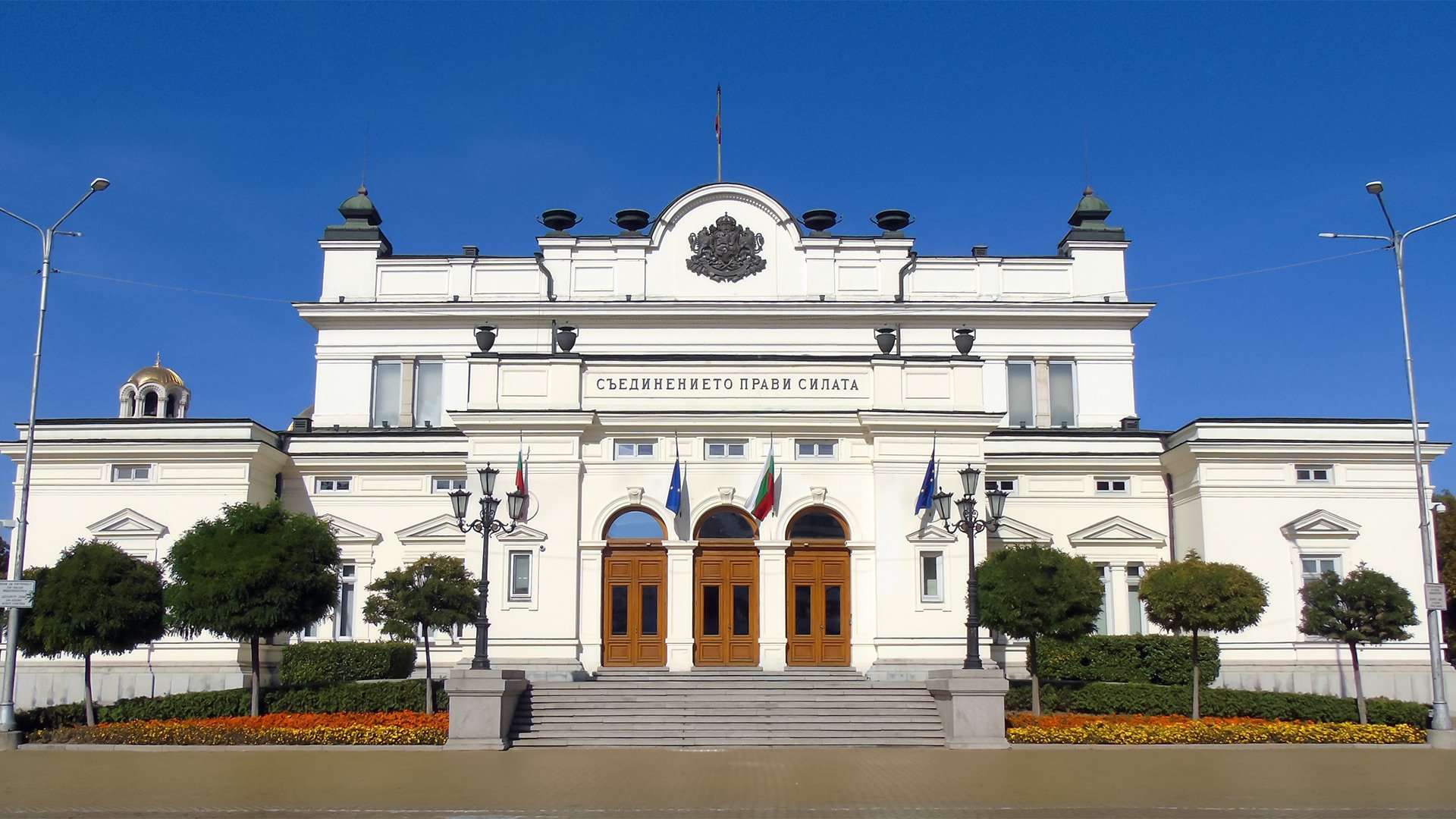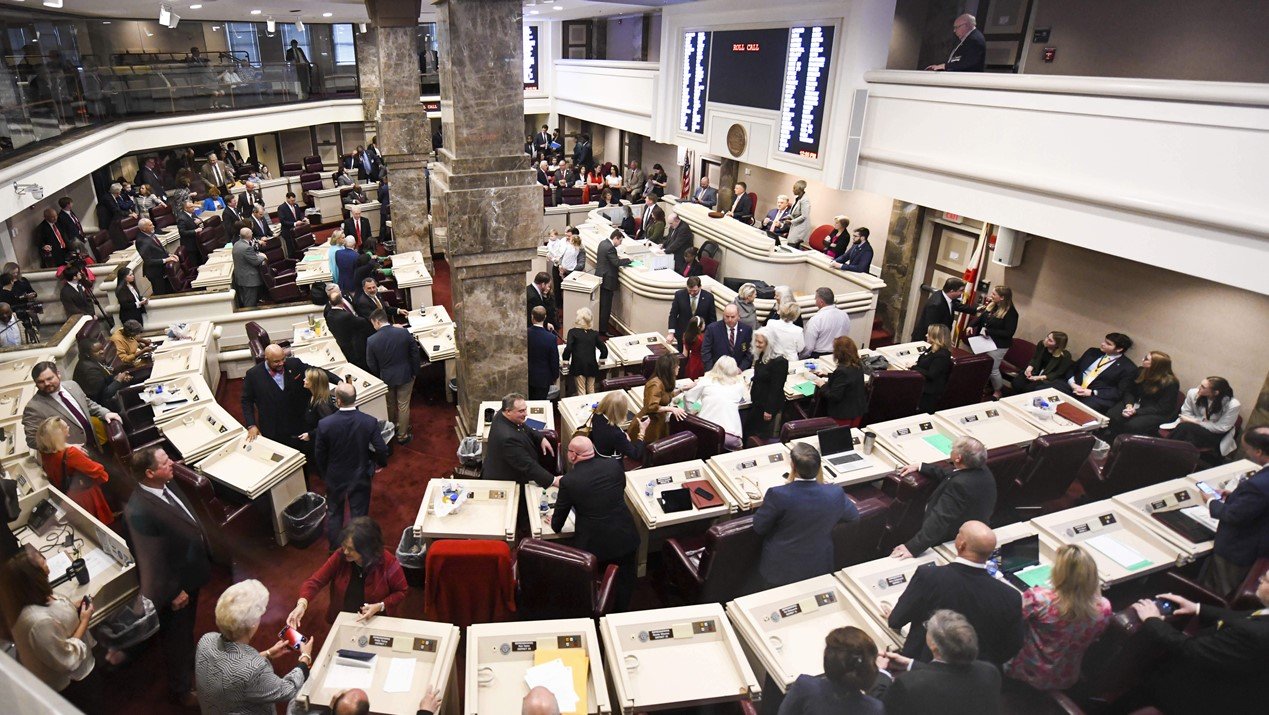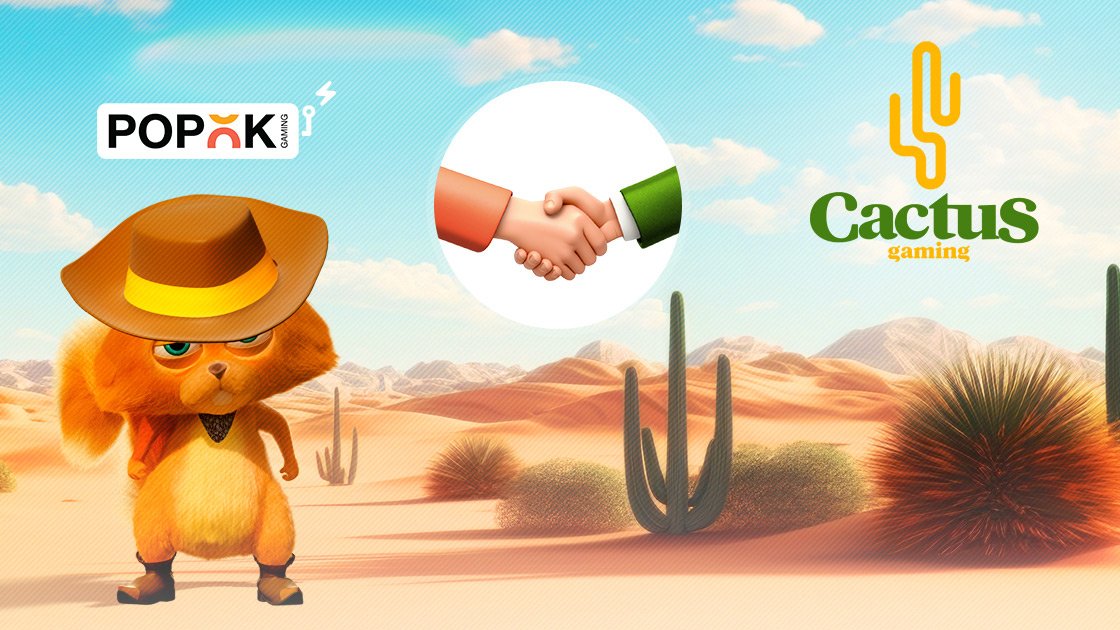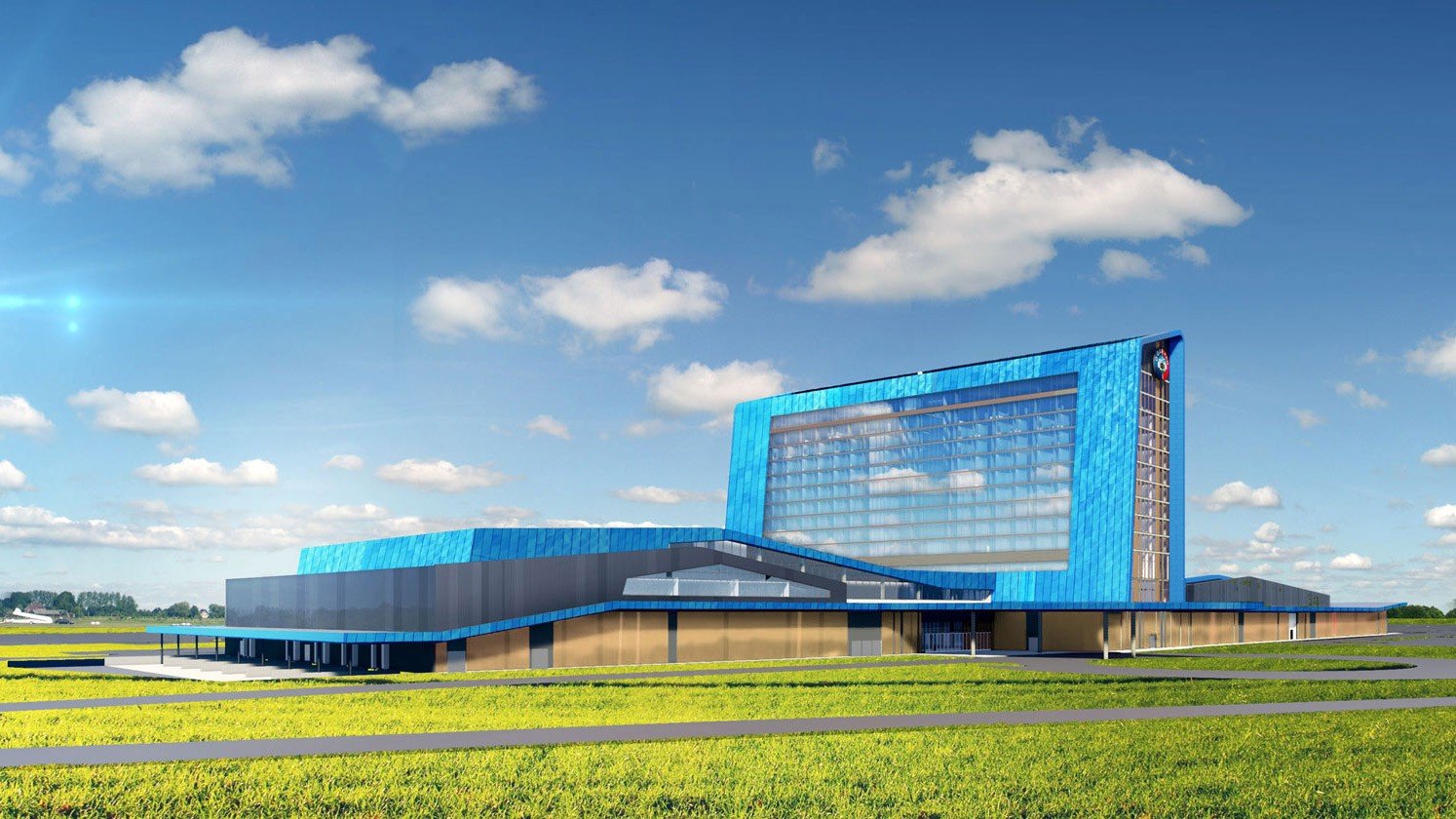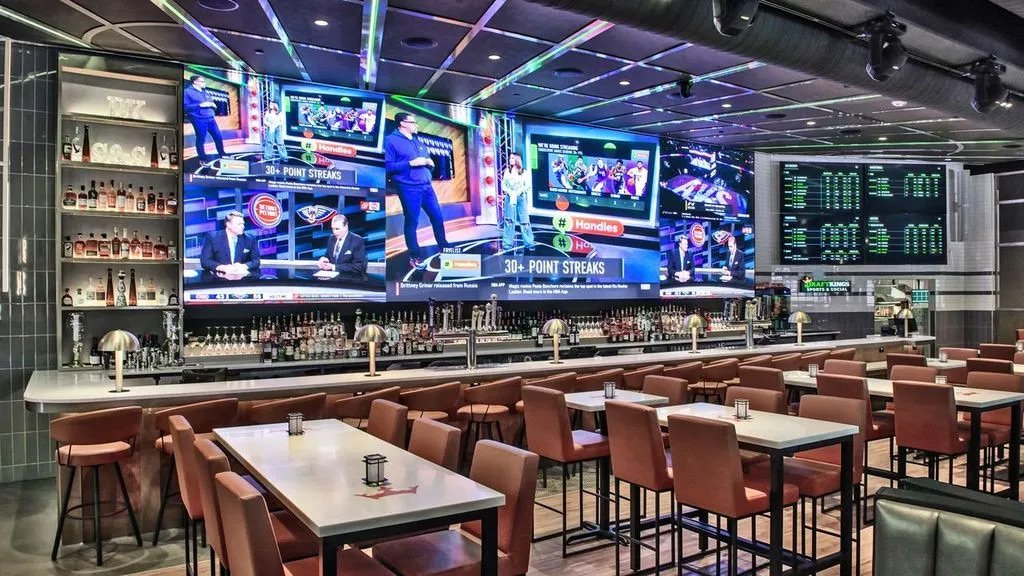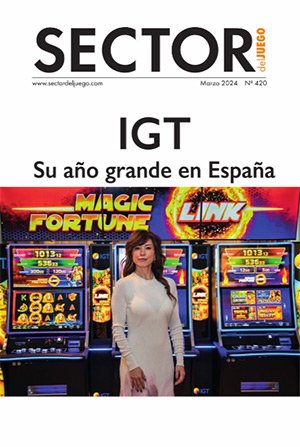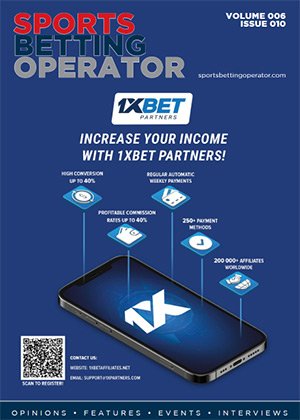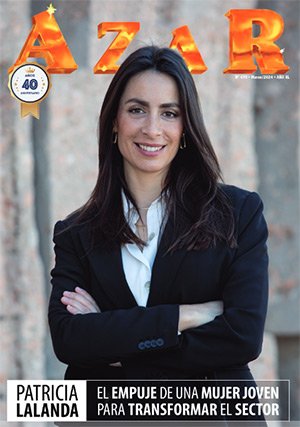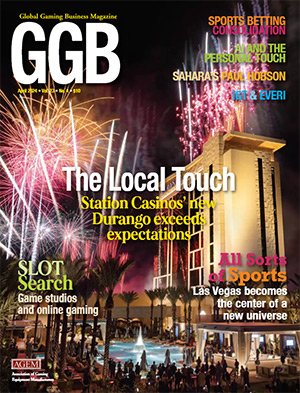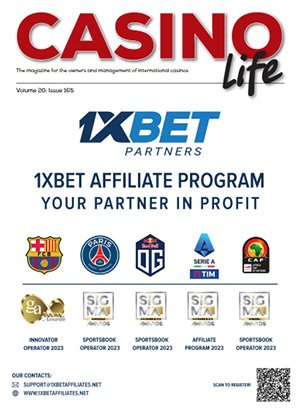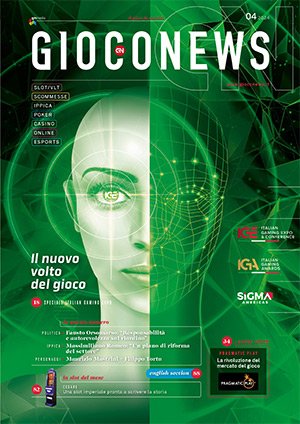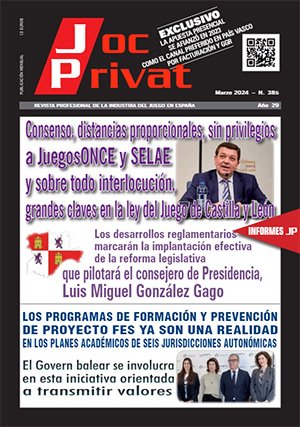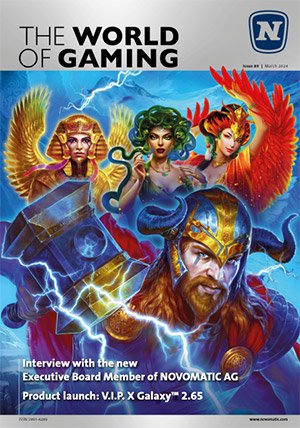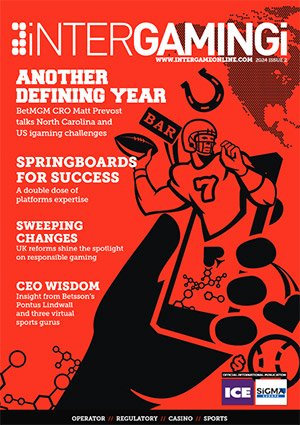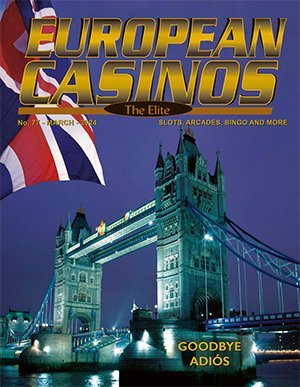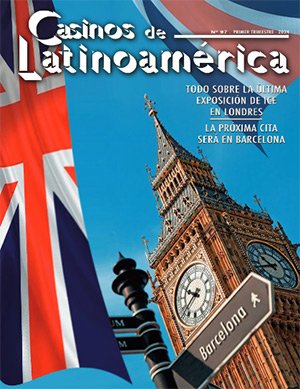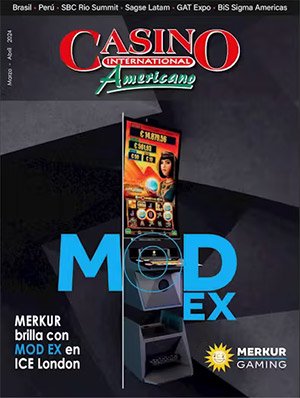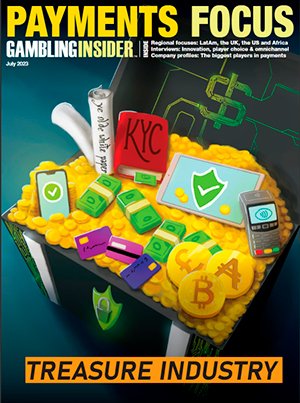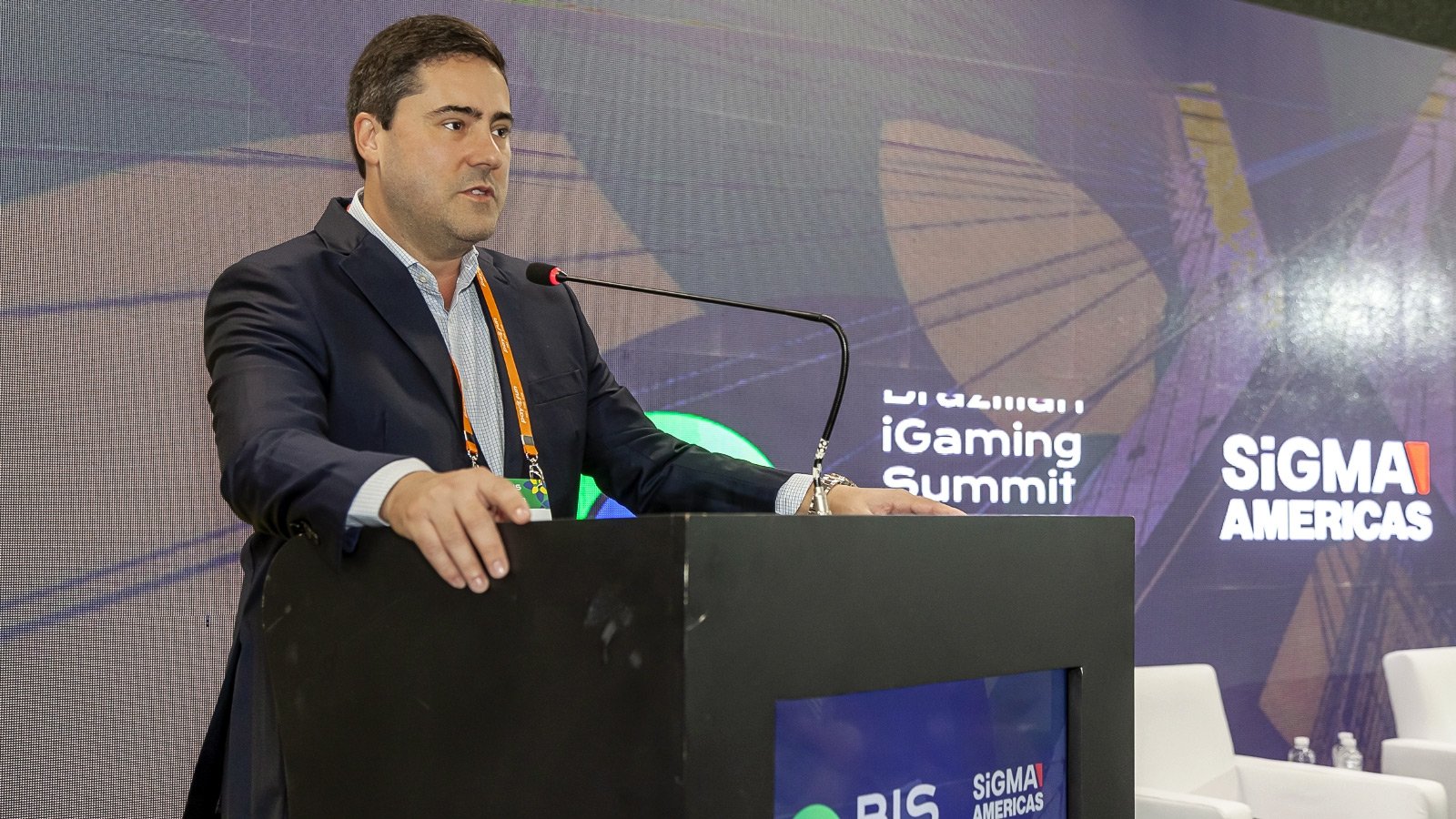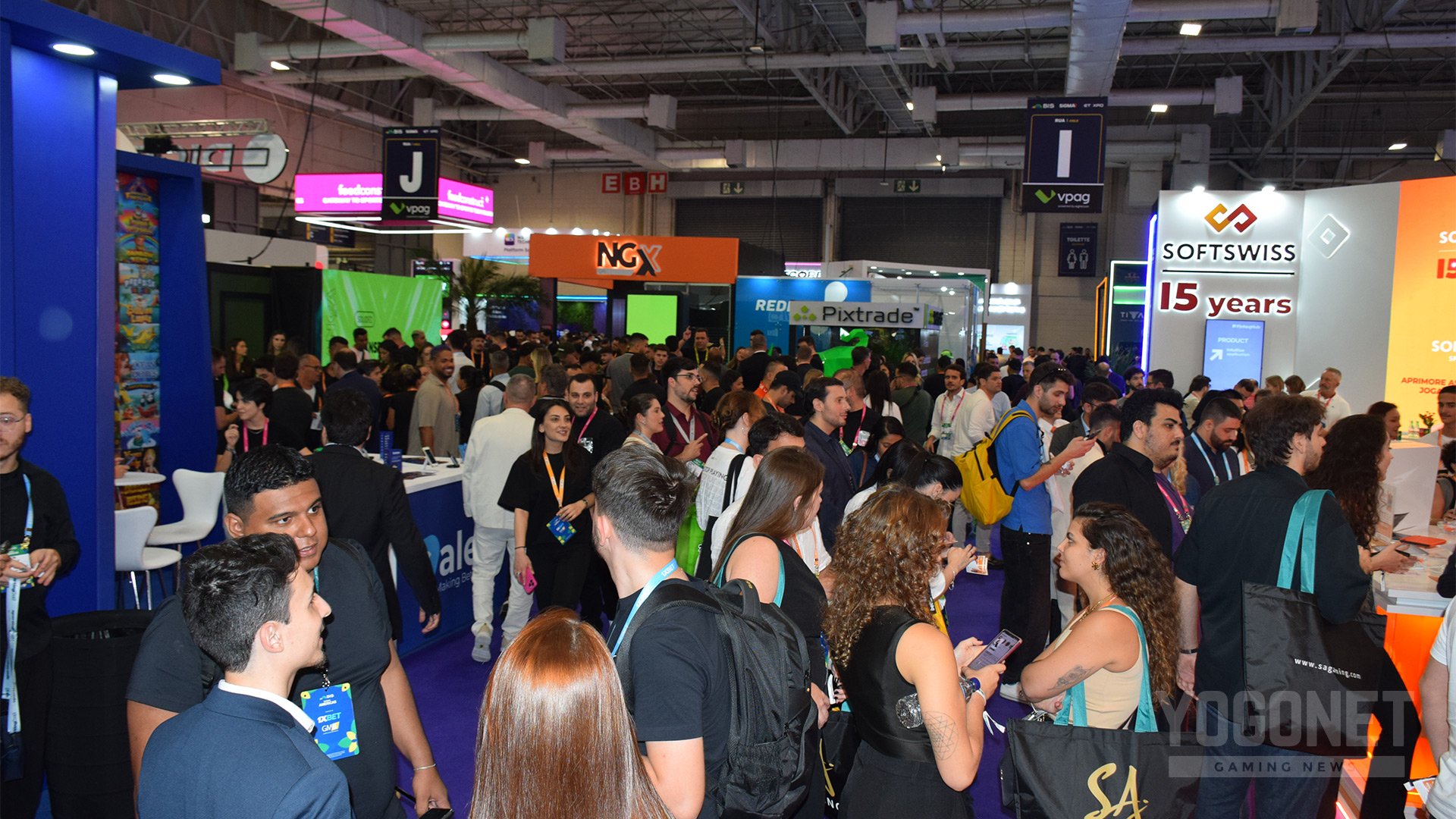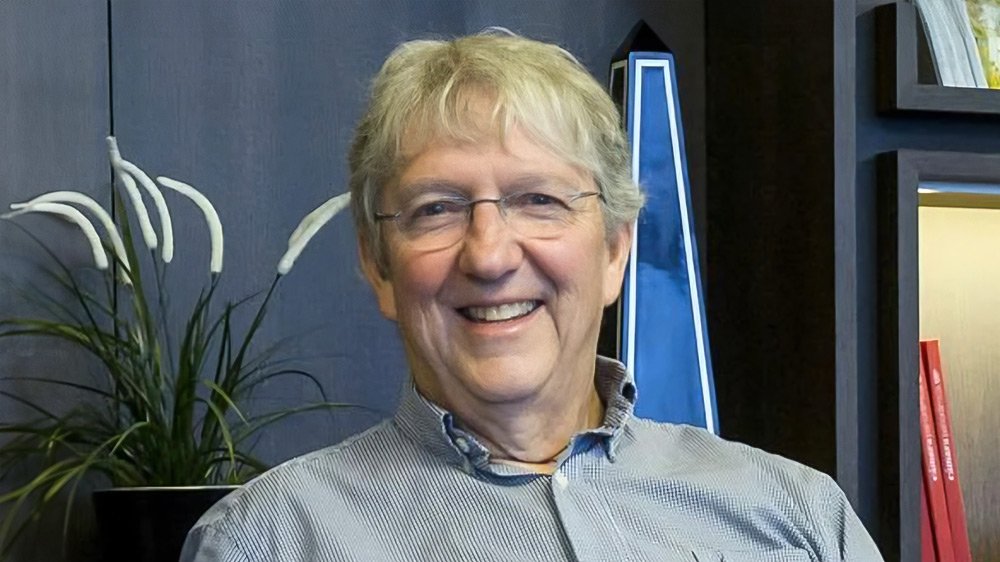Five Chicago Southland towns approve video gambling tax, Illinois trade group protests
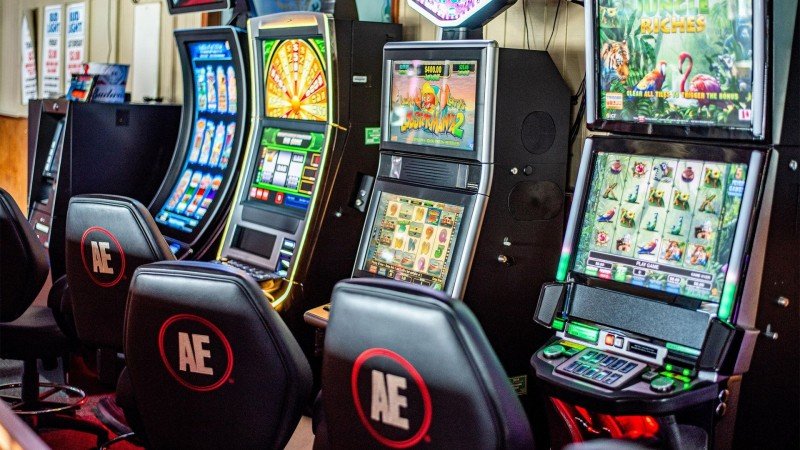
Five Southland towns in Illinois agreed on a new video gambling tax in special Sunday meetings held over the past weekend. Village boards and city councils held the meetings to enact penny-per-play taxes on machines in advance of a deadline set for last Monday by the Illinois General Assembly.
Calumet City, Dolton, Markham, South Chicago Heights and University Park village boards and city councils approved the tax, reports Chicago Tribune, while Homer Glen trustees rejected the action. However, in the case of South Chicago Heights, the village is holding off on enacting it despite the approval.
The tax was first enacted by Oak Lawn on January 1, 2020, and was immediately challenged in court by video gambling terminals operators, with legal actions still pending. Legislation approved by the Illinois House and Senate last week allowed municipalities to also enact the tax, while the measure awaits the governor’s signature.
The Illinois Gaming Machine Operators Association, an industry trade group that represents the interest of terminal operators, argues the push tax is unconstitutional. According to them, it violates the state’s Video Gaming Act. Moreover, it is claimed it would be both costly and technologically complicated to implement.
Additionally, certain smaller village businesses have claimed in the Sunday meetings that the tax would severely affect their operations. Still hit by the COVID-19 pandemic, venues such as bars, which offer these terminals, have said they would have to lay workers off or reduce operating hours should the tax be imposed.
Other towns have pointed to delayed action due to the pending litigation, while industry experts think the tax could drive gamblers to communities that haven’t approved the tax but still offer video gambling.
The tax “is a bad idea now and will be a bad idea in the future,” said Mike Pappas, an executive for terminal operator Accel Entertainment, according to Chicago Tribune. His company is a plaintiff in the association’s lawsuit challenging the push tax. “We fully expect to win it,” he told Homer Glen’s Village Board.
The legal challenge, filed in March 2020, seeks an injunction barring Oak Lawn from applying and enforcing the tax, as well as prohibiting it from collecting push tax revenues. While the tax falls on gamblers, the machine owners are designated as tax collectors, responsible for tallying how many pushes or individual games are played and filing documents with the municipality, along with submitting tax payments.
According to Pappas, introducing software that deducts a penny when a player hits push “would be very painstaking to get,” although potentially feasible. It is still unclear if the new legislation, should it be signed into, will affect the pending lawsuit.



